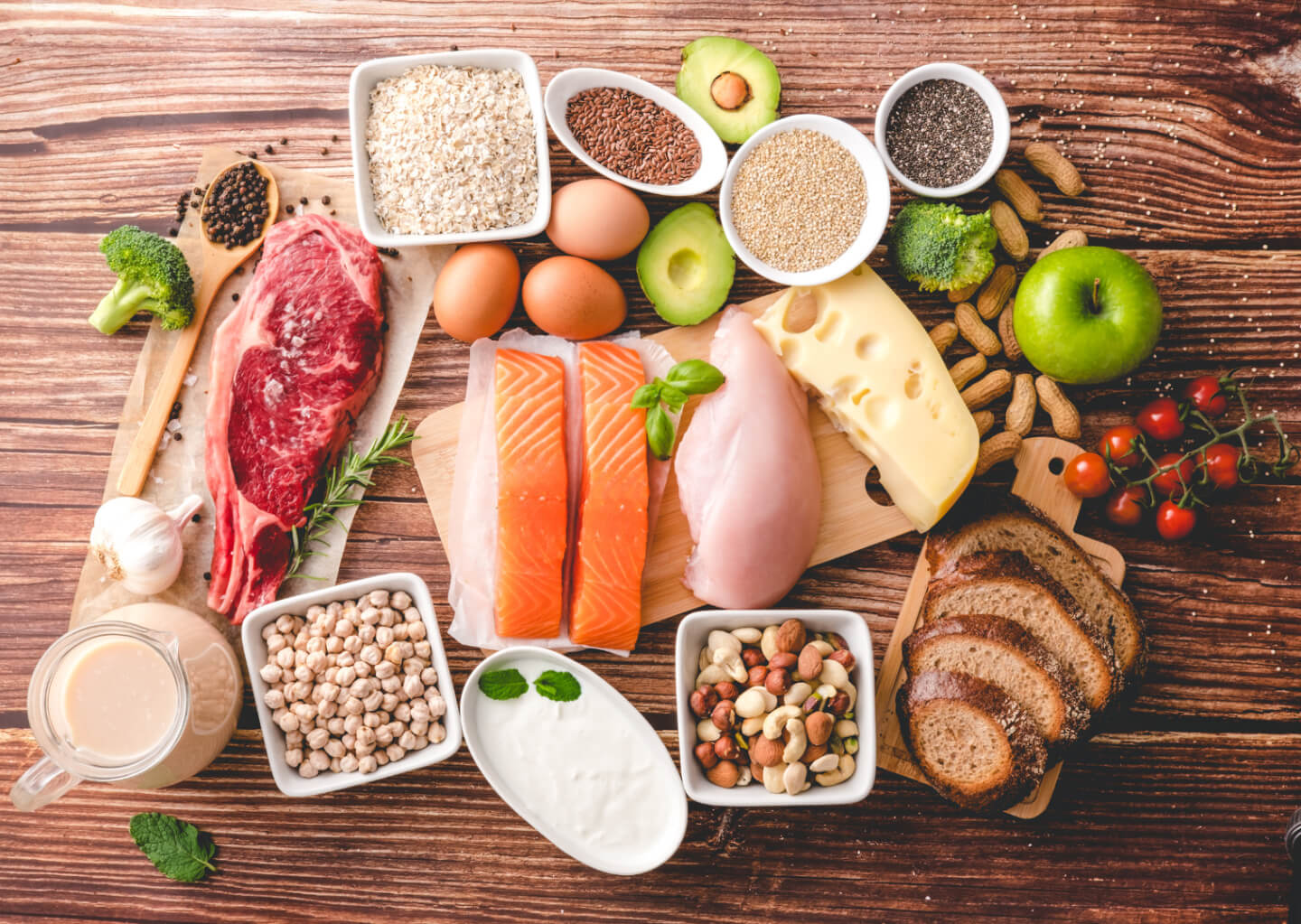
As we age, our bodies change. We may not be as energetic as we once were, and maintaining muscle mass can become a challenge. This is where protein becomes a crucial nutrient.
Compared to younger adults, seniors need a higher dietary intake of protein to maintain muscle health. This is because, as we age, we experience a gradual decrease in muscle mass, a condition called sarcopenia. This loss of muscle can lead to weakness, fatigue, and increased risk of falls and fractures. Consuming high-quality protein sources can fuel your body with essential amino acids and unlock a range of health benefits.
Here is how protein helps:
Recommended daily protein intake varies based on factors like age, sex, weight, and physical health. The Recommended Dietary Allowance (RDA) is set at 0.8 grams of protein per kilogram of body weight per day. However, for seniors, this number may be higher, ranging from 1.2 to 2.0 grams per kilogram of body weight per day.
To figure out your daily protein intake, you can multiply your weight in pounds by 0.36 or use an online protein calculator.
Lean Meat: Skinless chicken, turkey, and lean cuts of beef (such as loin and round cuts) are excellent sources of protein, providing muscle-building nutrients without excess fat or calories.
Fish: Arctic char, cod, halibut, and tuna are not only rich in protein but also low in calories and packed with essential nutrients like selenium, vitamins B3, B6, and choline.
Low-Fat Dairy Products: Incorporate yogurt, milk, and cheese into your diet for protein along with calcium and other essential nutrients.
Eggs: Versatile and protein-packed, containing all nine essential amino acids, making them a complete protein source.
Legumes: Beans, lentils, and edamame are plant-based protein sources rich in fibre, vitamins, and minerals.
Variety is key! Mix and match these protein-rich foods to ensure a well-balanced diet. If you're vegetarian or vegan, consider incorporating quinoa and buckwheat for complete protein intake.
At Sorrento Retirement Residence, we take pride in the lifestyle we’re able to offer our residents, from nutrition to medical care and social life. To learn more about us and view our dining menu, visit sorrentoretirement.com.